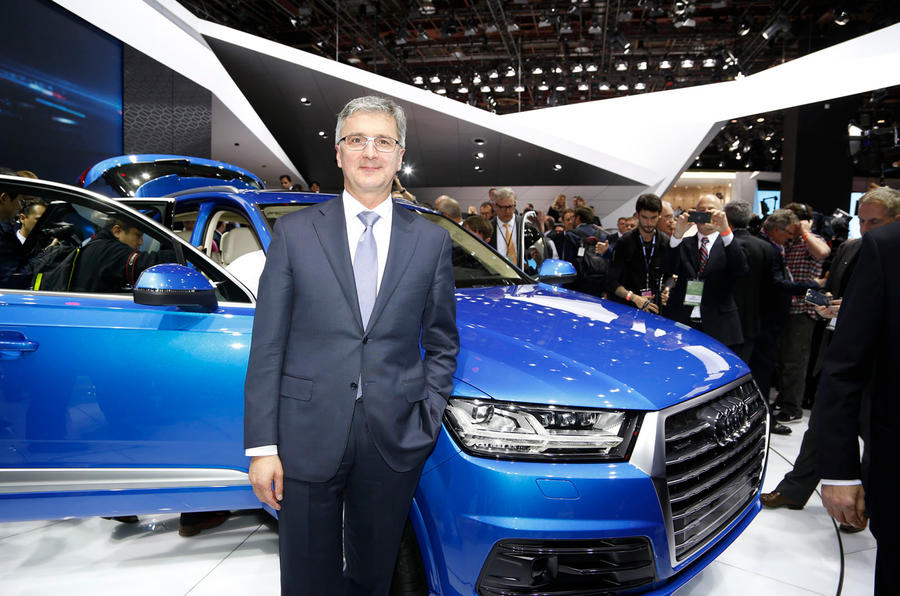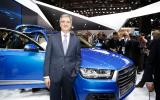Back in 1998, Audi sold 619,030 cars across five model ranges: A3, Audi A4, Audi A6, Audi A8 and Audi TT.
Sixteen years later, the company has almost trebled in size, selling 1,741,100 cars across 12 ranges in 2014. Factor in different bodystyles and performance versions and it adds up to more than 50 distinct models. That’s some growth.
Between the bookends of the sales figures are other large numbers that help explain Audi’s rise: huge growth in markets such as China and North America, an expansion of production facilities into 10 countries and profits totalling £3.34 billion in 2013.
Drill further down into the numbers and it really starts to get interesting. In 2007 – the year current chairman Rupert Stadler came to power – Audi sold 920,846 cars. In the seven years since, Stadler has come close to doubling Audi’s size. Seven years, don’t forget, that included a global financial crisis. He’s a man with a story to tell.
I meet the 51-year-old Bavarian in an interview room above the Detroit motor show on a day when he unveils the replacement for Audi’s original Q model, the Audi Q7. Stadler appears remarkably relaxed for someone with such a large in-tray, although the record 2014 sales, a 10.5% rise on the 2013 figure, announced two days before we meet, go some way to explaining his smile.
Audi wants to increase sales to two million per year by 2020, by which point it also wants to have 60 models in its range. This will be underpinned by €22 billion (£16.7bn) of investment from parent company Volkswagen.
Stadler maintains that growth at Audi is not for growth’s sake, insisting that there is a clear strategy. “Audi is on a quality path,” he says.
He reflects on 2014 as the year when Audi “prepared the next quantum leap in new technology and growth”. He refers to the new digital dashboard in the TT as the start of a new generation of interiors for Audi’s cars and speaks passionately about autonomous technology, which Audi is championing through an autonomous RS7 concept that has lapped Hockenheim almost as quickly as a professional race driver and driven from San Francisco to Las Vegas. He says: “Things like this give us confidence and power internally.”
Stadler reveals that autonomous technology is “being prepared” as an option on the 2017 A8, although “any serious production ambitions will have to mean talk with law makers”.
Although autonomous cars are unlikely to play a huge part in Audi reaching its 2020 sales goal, one model that will is the Q1 compact SUV, which has been confirmed for launch next year. Beyond that, Stadler says there are more growth opportunities with Audi’s traditional A cars, as well as the Q SUVs.


































Join the debate
Add your comment
The full story
A polished Asda mentality?
Clever marketing to the middle classes
Put together a range that is economical, luxurious and easy for everyone to identify (in the same vein as Apple does with its products), and you have a market leader, even if it isn't as technically good as some of its competitors (A4 vs 320d, A6 vs 520d etc.) The RangeRover series also demonstrates this approach.